Popular games built on game engine Z-machine
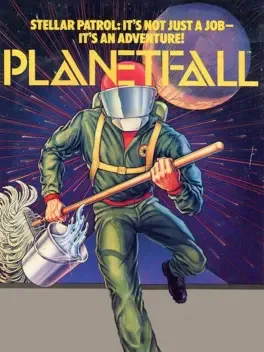
Planetfall is a science fiction interactive fiction computer game written by Steve Meretzky, and the eighth title published by Infocom in 1983. Like most Infocom games, thanks to the portable Z-machine, it was released for several platforms simultaneously. The original release included versions for the PC (both as a booter and for DOS) and Apple II. The Atari ST and Commodore 64 versions were released in 1985. A version for CP/M was also released. Although Planetfall was Meretzky's first title, it proved one of his most popular works and a best-seller for Infocom; it was one of five top-selling titles to be re-released in Solid Gold versions including in-game hints. Planetfall utilizes the Z-machine originally developed for the Zork franchise and was added as a bonus to the "Zork Anthology". The word planetfall is a portmanteau of planet and landfall, and occasionally used in science fiction to that effect. The book Planetfall written by Arthur Byron Cover, uses the game image on the cover, and is marketed "In the bestselling tradition of THE HITCHHIKER'S GUIDE TO THE GALAXY.[2] A sequel, Stationfall, was released in 1987. Planetfall teleports you 12,000 years into an outrageous future. You joined the Stellar Patrol to explore the galaxy, but all you've seen is the end of a mop - until your ship explodes and you're jettisoned onto a mysterious, deserted planet. Luckily, you have Floyd, a lovable multi-purpose robot with the personality of a mischievous 8-year-old. He's the ideal companion with whom to brave your new world, as you dare its dangers and uncover its secrets.
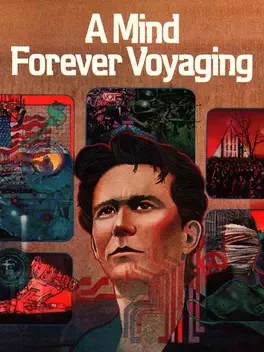
A Mind Forever Voyaging (AMFV) is a 1985 interactive fiction game, intended as a polemical critique of Ronald Reagan's politics.
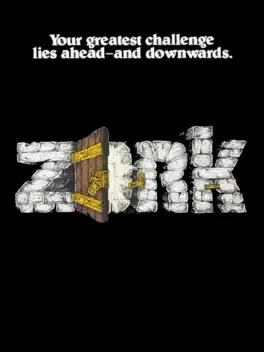
Zork is one of the earliest interactive fiction computer games, with roots drawn from the original genre game, Colossal Cave Adventure. The first version of Zork was written in 1977–1979 using the MDL programming language on a DEC PDP-10 computer.
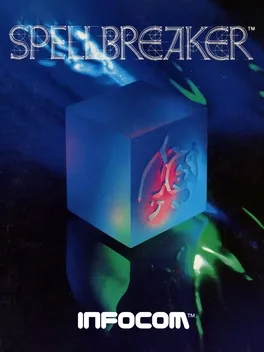
Spellbreaker is an interactive fiction computer game written by Dave Lebling and released by Infocom in 1985, the third and final game in the "Enchanter Trilogy". Like most of Infocom's games, it was released for many of the time's popular computer platforms, such as the Commodore 64, Atari ST and Apple II. It is Infocom's eighteenth game. Over the course of events in the trilogy's earlier games from 956 to 957 GUE (Enchanter and Sorcerer), the player's character has progressed from a novice wizard possessing a few weak spells to the leader of the Circle of Enchanters. Now, in 966 GUE (ten years after the events of Enchanter), the very foundations of Magic itself seem to be failing, and the leaders of all the Guilds in the land have gathered to demand answers. In the midst of this impassioned meeting, the crowd is suddenly transformed into a group of toads and newts. Everyone present is affected except for the player and a shadowy figure who flees the hall.
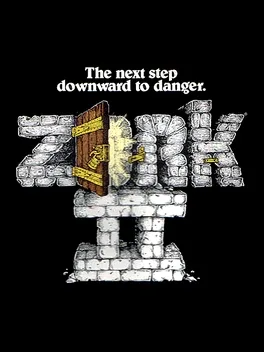
The adventure begins in the Barrow from "Zork I" armed only with the trusty brass lantern and sword of elvish antiquity. The purpose of the game is not initially clear. Like its predecessor, Zork II is essentially a treasure hunt. Unlike the previous game, the ten treasures are tied together by a crude plot. Finding the treasures does not end the game, nor are all the treasures needed to finish the game. Instead, the adventurer must figure out a way to use the treasures in order to reach the game's finale.
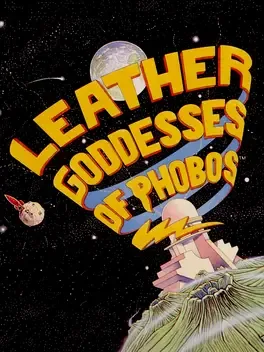
The year is 1936, and suddenly the protagonist is abducted by the Leather Goddesses for the final testing in the plan which will enslave every man and woman on earth. These Leather Goddesses of Phobos are just finishing up their plans for the invasion of Earth. If the hero fails to escape and save humanity, the Leather Goddesses will turn the Earth into their pleasure dome. Leather Goddesses of Phobos is a text adventure with humorous overtones. The player uses standard commands in the text parser to observe his environment and pick up items. The game's 'naughtiness' level can be adjusted between Tame (G), Suggestive (PG), and Lewd (R).
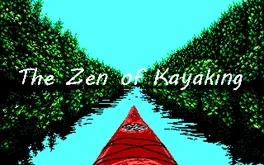
An 80KB interactive-fiction text adventure game that begins as you set out with your newly acquired kayak one weekend. Created over 10 days by a team of two.
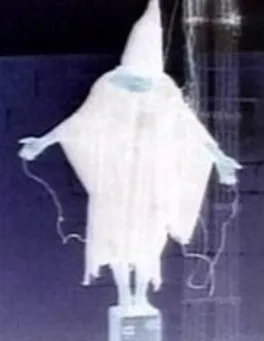
Rendition is a 2007 work of interactive fiction by "nespresso", in which the player performs an interrogation of a suspected terrorist. The game describes itself as a "political art experiment in text adventure form".